TEHRAN(Bazaar) – Professor Frank N. von Hippel, former assistant director for national security in the White House Office of Science and Technology, says the European and US negotiators seem to feel the nuclear negotiations are running out of time –perhaps because of Iran’s continuing buildup of its stock of highly-enriched uranium and its unwillingness to allow the IAEA to set up cameras to monitor its centrifuge production.
“I think the focus should be on a first step. The US could, for example, agree to suspend sanctions on Iran’s oil exports in exchange for Iran suspending its production of 20% and 60% enriched uranium, blending down its existing stocks and allowing the IAEA to reestablish monitoring of Iran’s centrifuge production,” Professor Frank N. von Hippel told Bazaar News Agency.
Following is the text of the Bazaar interview with Professor Frank N. von Hippel.
Bazaar: The seventh round of Vienna talks started and the negotiating parties returned to their capitals to consult on the two documents delivered by Iran. What is your assessment of this round of negotiations?
Frank von Hippel: I don’t know what Iran’s negotiators are saying but the tone from the European and US negotiators is pessimistic. They seem to feel the negotiations are running out of time –perhaps because of Iran’s continuing buildup of its stock of highly-enriched uranium and its unwillingness to allow the IAEA to set up cameras to monitor its centrifuge production.
Bazaar: According to some news, two Iranian documents are about 70% contrary to the previous agreements in the 6 rounds of negotiations held in Vienna. Iran has called for more sanctions to be lifted and a reduction in its nuclear commitments. What do you think will be the reaction of the other side?
Frank von Hippel: I think the other side is discouraged.
Bazaar: While French President Emmanuel Macron called this round of talks a failure, whereas Enrique MORA. Deputy Secretary-General European Union described this round of talks as realistic and said that the talks might end next week. What are the reasons for this fundamental discrepancy in positions?
Frank von Hippel: No one wants the talks to fail but they cannot go on indefinitely, given Iran’s continuing production of highly enriched uranium, and the possibility that, in the absence IAEA monitoring of Iran’s centrifuge production, Iran might be setting up a secret enrichment site.
Bazaar: Given the atmosphere in the Vienna talks, will there be a general agreement or a limited, step-by-step agreement or basically no agreement at all?
Frank von Hippel: At this point, to give the negotiators more time, I think the focus should be on a first step. The US could, for example, agree to suspend sanctions on Iran’s oil exports in exchange for Iran suspending its production of 20% and 60% enriched uranium, blending down its existing stocks and allowing the IAEA to reestablish monitoring of Iran’s centrifuge production. (This is just one possible idea. I don’t know enough about the sanctions situation to be sure that both sides would consider it a reasonable first step.)

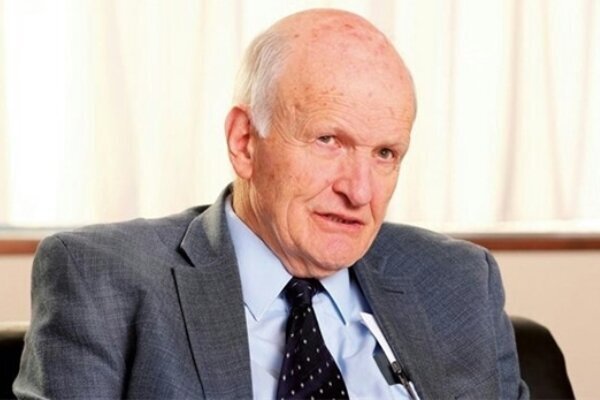




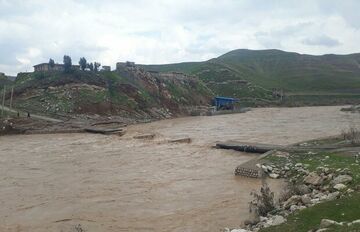

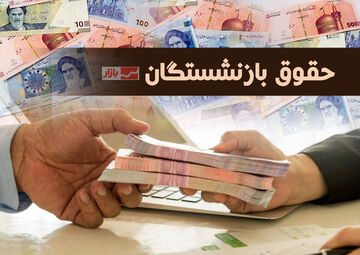




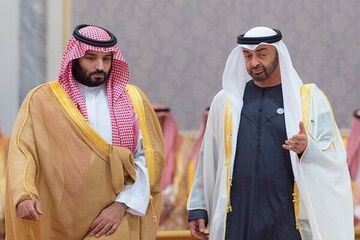
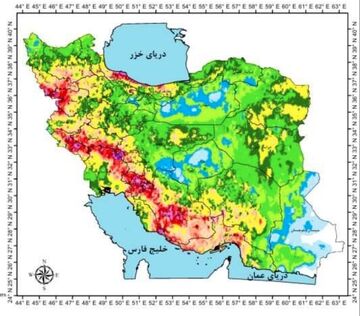
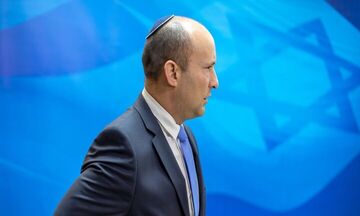
نظر شما